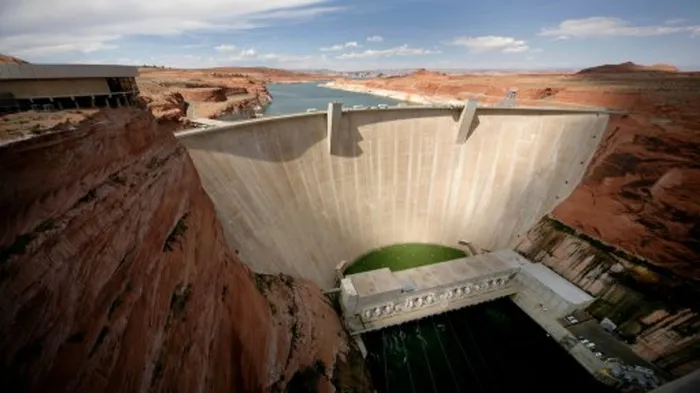Plans in place to address concerns over water scarcity

The uMkhomazi project aims to transfer water from the undeveloped uMkhomazi river to the existing Mgeni system to further augment water supply to the Durban and Pietermaritzburg areas.
The KwaZulu-Natal (KZN) North Coast will be able to breathe a sigh of relief if the proposed bulk water supply infrastructure plans all come to fruition.
With the recent completion of the Hazelmere Dam wall expansion and ambitious plans for a new reservoir, the Department of Water and Sanitation (DWS) aims to shield the region from water scarcity concerns in the future.
The Hazelmere Dam, now at 80% capacity post-expansion, is a proactive measure to boost water reserves. Additionally, the forthcoming R20 billion Umkhomazi Water Project, slated for completion in 2033, promises to augment water supply significantly, benefiting six municipalities, including iLembe and eThekwini.
The Umkhomazi Water Project will elevate the uMngeni water supply system’s output from 394 to 608 million cubic meters annually, highlighting its role in securing water resources for the region.
This is one of the largest expansions, dwarfing previous efforts, with the new Smithfield dam exceeding eight times the capacity of Hazelmere Dam.
However, the commendable strides in water security are marred by the grim reality of municipal water losses stemming from deteriorating infrastructure. Despite DWS's investments, municipalities grapple with staggering water losses due to malfunctioning pipelines, resulting in astronomical revenue drains and exacerbating pressure on water authorities.
Deputy Minister of Water and Sanitation, David Mahlobo, said a major concern remained the prevalence of unskilled personnel and leadership failures that contributed to infrastructure decay.
Mr Mahlobo stressed the urgency of addressing these systemic challenges, warning of dire consequences such as public unrest and conflict, reminiscent of water-related disputes witnessed in other parts of Africa.
He said the Auditor General's reports revealed alarming figures, with the iLembe District Municipality and eThekwini Municipality bearing the brunt of water losses.
“Despite marginal improvements, both municipalities continue to grapple with substantial revenue losses, impeding efforts to rectify infrastructure deficiencies. Furthermore, eThekwini Municipality's spiralling water losses, now accounting for 58% of purified water supply, shows the urgent need for intervention. The financial toll, amounting to a staggering R7.6 billion annually, highlights the gravity of the situation and its implications for the city's fiscal health,” said Mr Mahlobo.
He said it was imperative to address access to water and sanitation as it was fundamental rights.
“Failure to do so not only jeopardises public health and dignity but also risks exacerbating conflicts fuelled by competition over dwindling water resources,” said Mr Mahlobo.